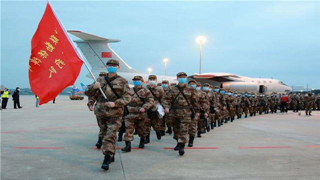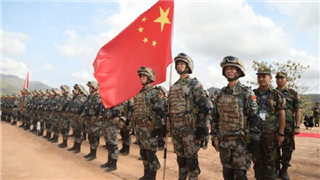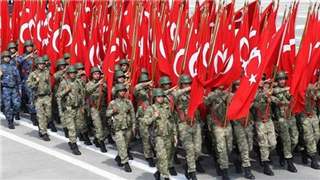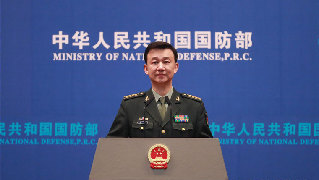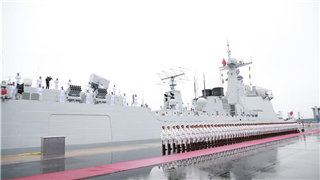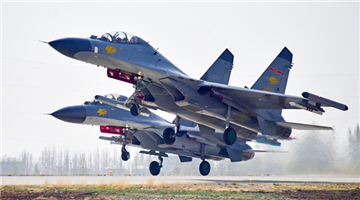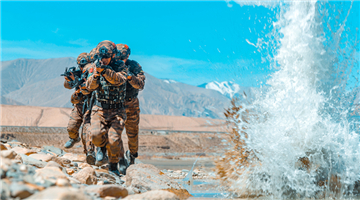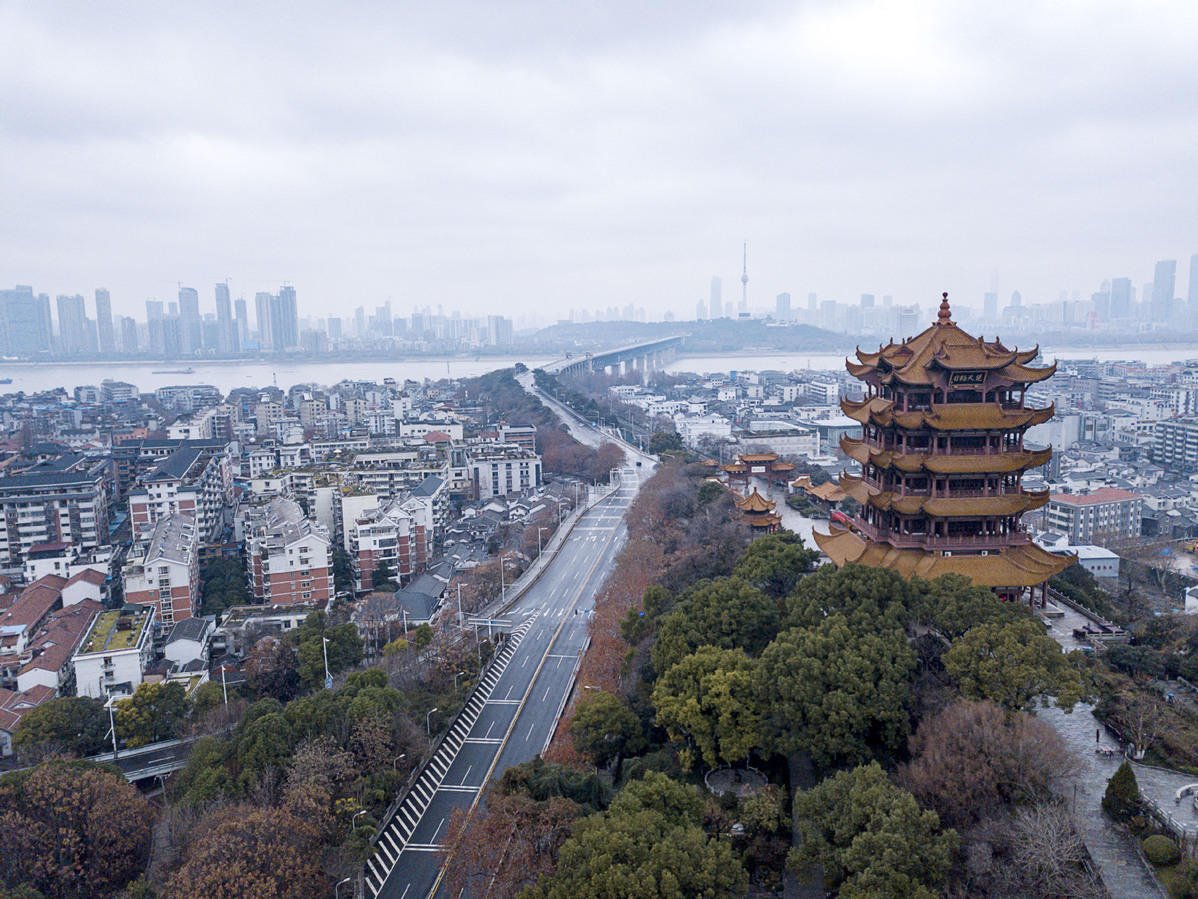
I once imagined my first trip to Wuhan, capital of Hubei province, would happen like this: elbowing my way down Hanjie, a walking street in the bustling tourist center; driving across the Wuhan Yangtze River Bridge that spans more than 1.6 kilometers across the river; sightseeing at the picturesque East Lake and enjoying the delicious local food.
So when I arrived in the city by train on the night of Feb 14 in the capacity of a journalist to report what was going on after Wuhan was hit by the novel coronavirus outbreak, I could not believe my eyes.
The gorgeous hyper-modern train station, the elevated highways and ring roads and the skyscrapers I saw on the way to my hotel were silent and dreary.
Behind every window of those high-rise or low-rise residential buildings we drove past were people who were put in isolation.
Roughly 9 million people are staying indoors to reduce population movement as part of efforts to curb the spread of the virus.
Behind that quiet scene is the anchor of China's disease control work. On Jan 23, the authorities in Wuhan announced the lockdown of the city, shutting down all public transportation, canceling flights and trains and closing schools and factories.
All of a sudden, the disease pressed the pause button on life in the metropolis, which I thought would be vibrant with energetic people.
In the past 20-plus days, I did many interviews, talking with people affected by the epidemic as well as those who pitched in from across the country to help Wuhan out of its difficulties.
I was saddened by the people who had contracted the virus. More than 2,000 have died, and their families, who have made enormous personal sacrifices, have remained in isolation for a very long period.
I am also moved every day by the countless workers and helpers who have worked tirelessly to try to minimize the effects of the virus.
I have heard many heartwarming stories about volunteers, doctors and nurses from across the country, and people cooking meals, feeding pets, delivering food and offering psychological support. I think they all deserve our praise.
Salute to the medical workers from across the country who are in Wuhan fighting against the epidemic. A head nurse told me that she was there just to answer the call of duty to save lives. She represents the thousands of medics working on the front line who are hailed as angels in white.
Salute to the community workers who work around the clock to prevent the virus from being transmitted in the neighborhoods. One of them told me that seeing the surging number of cases made her worry about infections, but she could not back off as residents put in isolation need her help.
Salute to the volunteers who are offering their services to those in need. They are real helpers, lending a hand to screen infected patients and people with suspected symptoms, delivering food and medicine to residents and driving medics who need transportation. Braving the risk of infections, they have played an indispensable role in helping the city resume normal operations as soon as possible.
And salute to all the citizens of Wuhan who remain in isolation for several weeks at home. They have suffered too much already. It is close to impossible to imagine what weeks of isolation feels like-maybe lonely, depressing, a loss of a sense of purpose?
Bruce Aylward, a top Canadian epidemiologist who recently headed up the World Health Organization-China Joint Mission on COVID-19, said after visiting the city that the "old fashioned" measures have changed the course of what was a rapidly escalating epidemic.
"I just thought it's so important that we recognize the people of Wuhan… the world is in your debt," he told a news conference in Beijing.
Now there is a growing positive momentum in epidemic control thanks to the comprehensive, thorough and rigorous measures China has taken to contain the virus. I feel upbeat about that.
When I drove around the city the other day, I saw the cherry blossoms coming out beautifully on the streets.
After every winter, there is a spring.
I choose to believe that with the containment measures put in place the city of Wuhan, like those trees, will blossom again.
